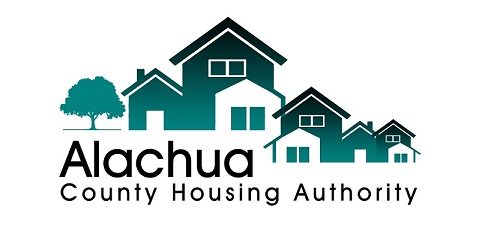Maintenance Staff will not be deployed during Hurricane Ian. Please take all necessary measures to protect yourself and your family. If you have an Emergency please call 911.
All resident housing emergencies, Please call (352) 372-2549. The ACHA on call Maintenance Technician will return your call. It is critical that you provide your name, location, and the nature of the emergency. No staff will be dispatch during the storm.
Emergency Work is broken gas and electrical lines. If you smell gas in your apartment, open the doors and windows, check to see if all burners are shut off and leave your home. Go to a neighbor’s and call 911.
If you are experiencing and emergency that is life threatening such as, FIRE or GAS SMELL please dial 911.
Hurricane Preparation
- Buy an NOAA All-Hazards Weather Radio and test it weekly (Wednesdays, 10 am-noon).
- Discuss the types of disasters that could affect the family.
- Determine if the home is located in a storm surge evacuation zone.
- Identify a safe room in your home or a neighbor’s home.
- Plan escape routes from your home and places to meet.
- Know the location of a safe community shelter near your home.
- Have an out-of-state family member or friend you can stay with if necessary.
- Have an emergency plan for your pets.
- Post emergency telephone numbers by your phone and make sure children know how/when to call 9-1-1.
- Check your insurance coverage – flood damage is not usually covered by homeowners’ insurance.
- Stock non-perishable emergency supplies and a disaster supply kit that should include:
- A three-day supply of food and water, a change of clothing, a blanket or sleeping bag for each person, and a first aid kit that includes medications.
- Emergency tools: Battery-powered radio, flashlight and extra batteries, work gloves, and fire extinguisher.
- Important family documents in a fire and waterproof container, an extra set of keys, credit card, and cash.
- Replace batteries in your smoke detector and in your NOAA Weather Radio in the spring and fall when Daylight Saving Time changes.
- Take first aid, CPR, and disaster preparedness classes through your local American Red Cross Chapter.
Persons with disabilities often require additional assistance when preparing for a disaster. Here is a short list of tips for those with special needs:
- Establish a personal support network of friends, family, or neighbors who can assist you and get you to a safe place.
- Place emergency instructions on the refrigerator that include information on your medications, dosage amounts, necessary equipment, and emergency contacts.
- Register with local emergency management and fire departments.
- Carry with you at all times emergency health information. A medical alert tag or bracelet to identify your disability can prove helpful.
- Keep a flashlight, bell, or whistle nearby to signal your whereabouts to others.
- Have an extra supply of medication in your emergency kit.

